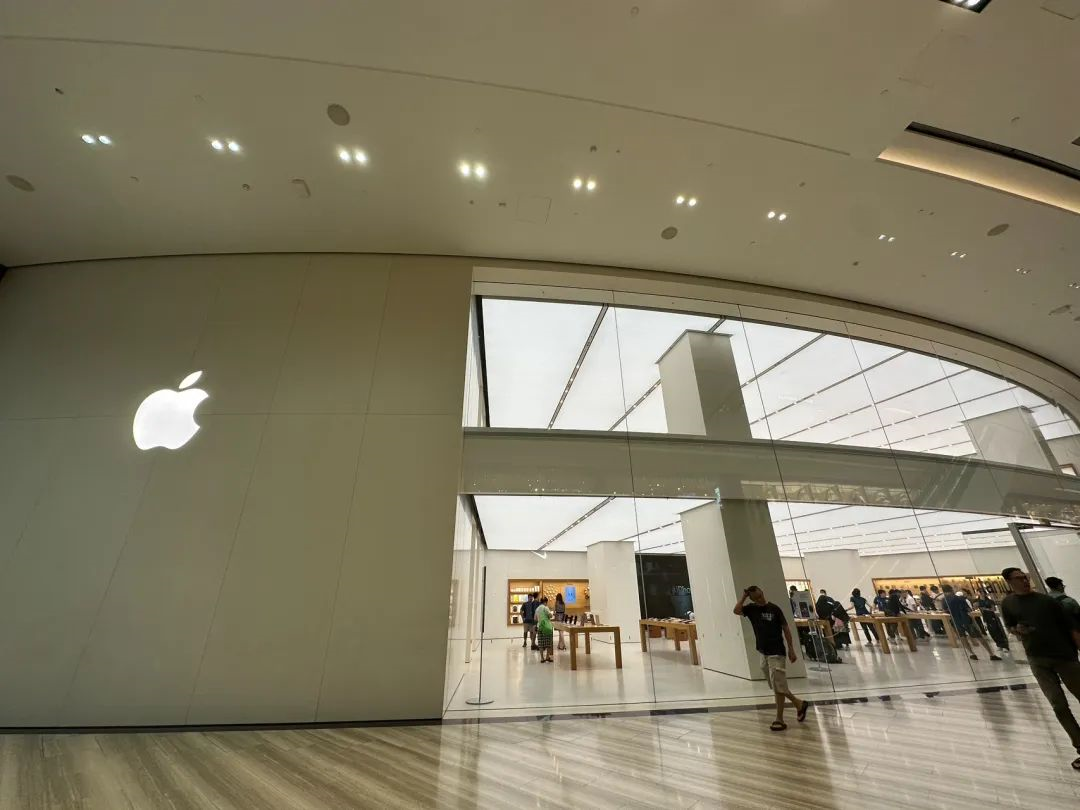
Recently, Apple has been in the spotlight again. Brussels has hit Apple with a €1.8bn fine for stifling competition from rival music streaming services, the first time the iPhone maker has been penalised for breaching EU law and one of the biggest fines the EU has imposed on a technology company.
The EU's huge fine against Apple is mainly related to Apple's conduct in the market for streaming music services. According to an investigation by the European Commission, Apple has been accused of abusing its dominant position in the market for distributing music streaming apps. Specifically, Apple is accused of preventing app developers from providing users with information about cheaper music subscription services outside of Apple's App Store. That means that music streaming apps pay Apple a 30 percent commission when they offer their services through Apple's store, and can't explain to consumers on Apple devices that the commission is included in the total price, provide consumers with links to cheaper options, or even tell them via email that other cheaper options exist.
The Commission believes that this practice violates EU antitrust rules and constitutes unfair trading conditions. The fine, which amounts to 1.84 billion euros ($2 billion), is the largest ever levied against Apple by the European Union. Apple disagrees and plans to appeal. A close analysis of the incident reveals many problems. First, despite Spotify's claim that the digital music market has stalled, in fact, the digital music market is in a booming phase. Since 2015, the number of subscribers has grown from 25 million to nearly 160 million, and the number of active users has exceeded 300 million. This shows that the digital music market is not stagnating, but is growing rapidly.
Second, allegations that Apple has abused its market dominance are poorly supported by evidence. Despite more than 65 meetings with Spotify and three attempts to bring charges against Apple, the Commission has never been able to come up with a plausible theory of how Apple has thwarted competition in what is clearly a thriving market. This indicates that the decision to fine may not be based on sufficient evidence and investigation, but was influenced by some external factors.
In addition, the fine decision was announced on the eve of the entry into force of the EU's new Digital Market Act (DMA). The DMA aims to tighten regulation of tech giants and ensure fair competition. However, the announcement of the fine comes just days before Apple is due to start complying with DMA. This raises the question of whether the European Commission is imposing the DMA bill before it becomes law in order to crush Apple.
Therefore, the EU's decision to fine Apple hides a more complex truth. Although the amount of the fine is as high as 1.84 billion euros, it lacks sufficient evidence and consideration of the actual situation in the market. Instead, the decision may be more a reflection of the crackdown and restrictions on tech giants by the European Commission and some interest groups. It is necessary for the European Commission to strengthen its regulation of tech giants, but to ensure fair competition and a prosperous market. Only in this way can we usher in a more just, open and innovative technological future.

According to Bloomberg, a recent in-depth interview with Michael Dehal, senior portfolio manager at Raymond James' Dehal Investment Partnership, was released, focusing on the economic development prospects and potential risks of Canada and the United States in 2026.
According to Bloomberg, a recent in-depth interview with Mi…
TikTok Shop, the global e-commerce platform under ByteDance…
As a severe flu outbreak sweeps across the United States, w…
Recently, US Treasury Secretary Mnuchin publicly stated tha…
At the dawn of 2026, the United States launched a military …
From the stiff step when it first debuted in 2022 to demons…